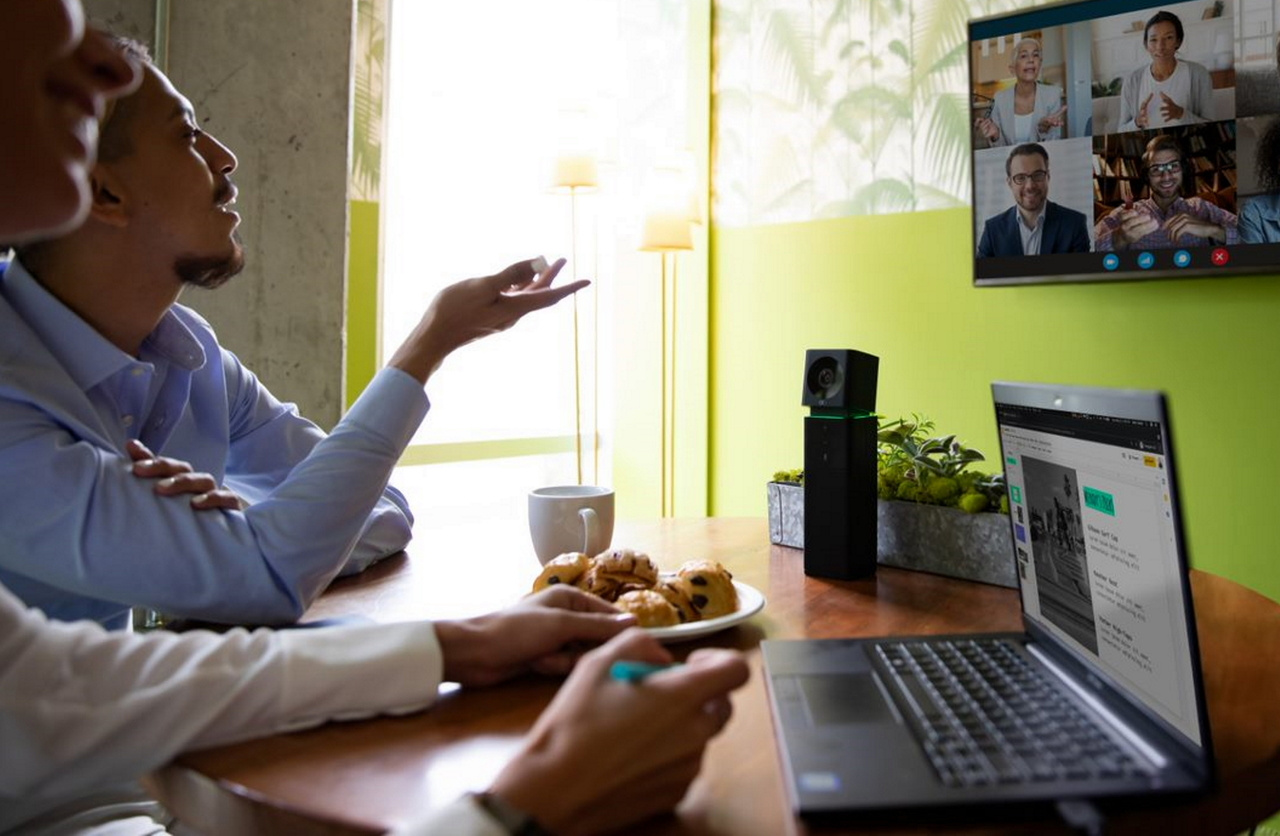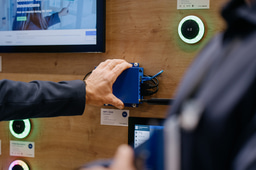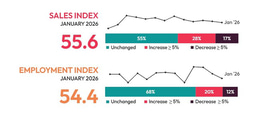Why Bring Your Own Device Is Booming

Texas-based conferencing manufacturer, Boom Collaboration, has seen a dramatic return to BYOD deployments this year, mirrored by more general industry analysis.
“There’s a natural place for both but in many ways BYOD offers lots more flexibility and bang for your buck,” argues Boom co-founder Holli Hulett.
“After the pandemic, organizations began to develop longer term strategies where for many enterprises, in-room roll-outs such as Teams or Zoom, were definitely flavor of the month. Greater standardization and fewer IT and security issues were some of the perceived advantages. It’s common for new and emerging technologies to take over and win market share initially, especially when backed by some of the industry’s biggest names. It’s also natural to want the ‘latest and greatest’ comms kit but after a few years, limitations are beginning to appear.
“First we had working from home trends and then a wider return to the office. More people back in the office means more video calls across more rooms and more devices. Dedicated in-room technology is often just not viable for mass roll-outs, with cost and lifestyle limitations, especially following the rise of smaller huddle rooms. BYOD is generally more practical and a better fit.”
80/20 split
Hulett reports a huge spike in BYOD demand and added: “Wider industry analysis mirrors our own findings that the use of individual devices is taking over. From our conversations, sales and interest from around the world, it's an 80/20 split. BYOD is back with a bang with plug-and-play simplicity, lower costs and a platform agnostic approach some of the main driving forces.”
The percentage of BYOD rooms versus in-room systems has been shifting notably over the last 12 months, in an ever-changing workplace, agrees fellow company founder Fredrik Hörnkvist.
He highlighted: “BYOD setups - where users bring their laptops or mobile devices to connect to the room's AV system - have seen a significant rise, as hybrid and flexible work models became more common.
“Pre-pandemic (before 2020), older in-room systems were more popular, with BYOD setups representing less than 20% of rooms. However, as companies adapted to remote and hybrid working models, the demand for BYOD rooms surged.”
Many businesses are now opting for flexible, cost-effective solutions, according to Hörnkvist. “The pandemic created a shift toward more agile, plug-and-play systems, where users wanted to use their own devices without relying on permanent room systems. There’s more personalisation too such as when screen sharing.
“For a time larger enterprises seemed to favor the latest in-room systems for specific and specialized locations. But demand for BYOD rooms is expected to continue growing, especially for smaller huddle rooms and mid-sized meeting spaces, while in-room systems will be more limited to boardrooms and high-stakes presentations within enterprises.”
More opportunities
He emphasized: “The flexibility and lower cost of BYOD solutions make them attractive especially for SMBs embracing hybrid work. They greatly outnumber bigger organizations by around 1000:1 so there’s more volume and more reseller opportunities compared to fully-fledged room systems.”
To further fuel BYOD demand, Boom has developed a series of ‘meeting in a box kits’ which are due to hit the market soon, following the launch of an innovative multi-connectivity hub, the ZYGO.
Hulett concluded: “It’s clear the balance between BYOD and in-room systems continues to fluctuate with changing work patterns and wider company politics. Every organization has specific needs. But there’s no doubt BYOD is back on top and generally packs a bigger punch in the majority of environments.
“Overall I think more platform choice is good. It reminds me of being in a candy store as a child where there’s dozens of tempting treats available. You never just get one scoop of flavor.”






Please sign in or register for FREE
If you are a registered user on AVIXA Xchange, please sign in